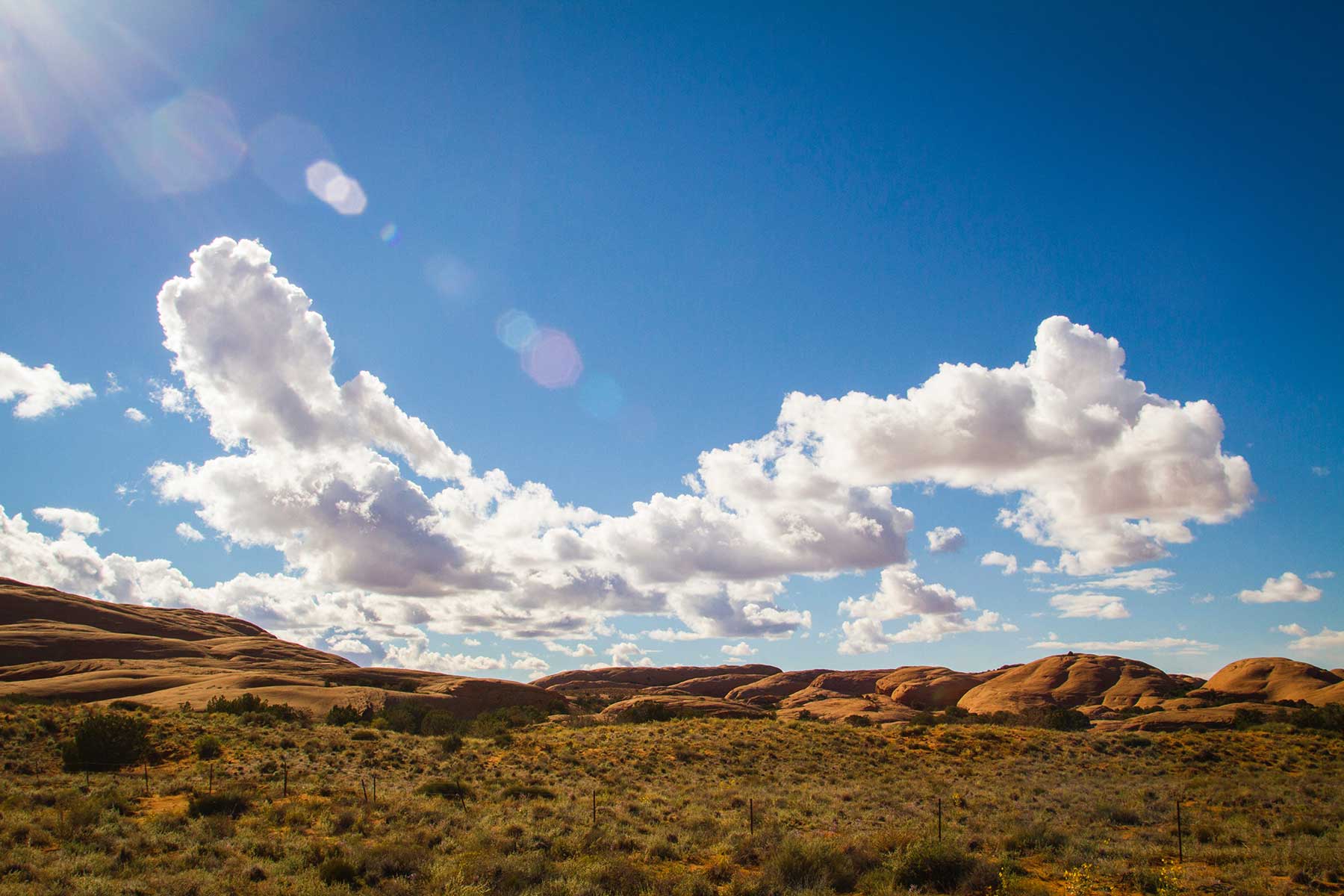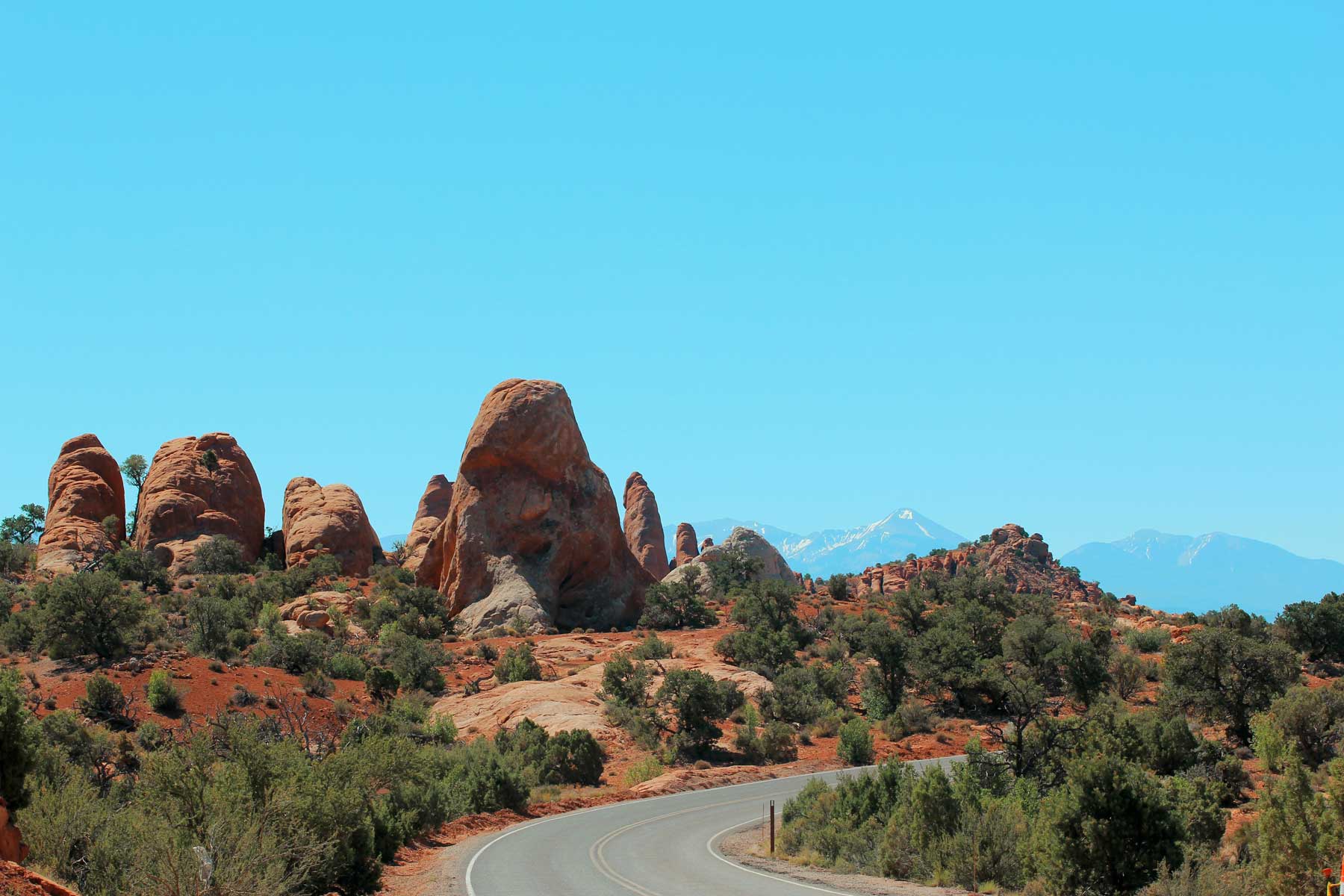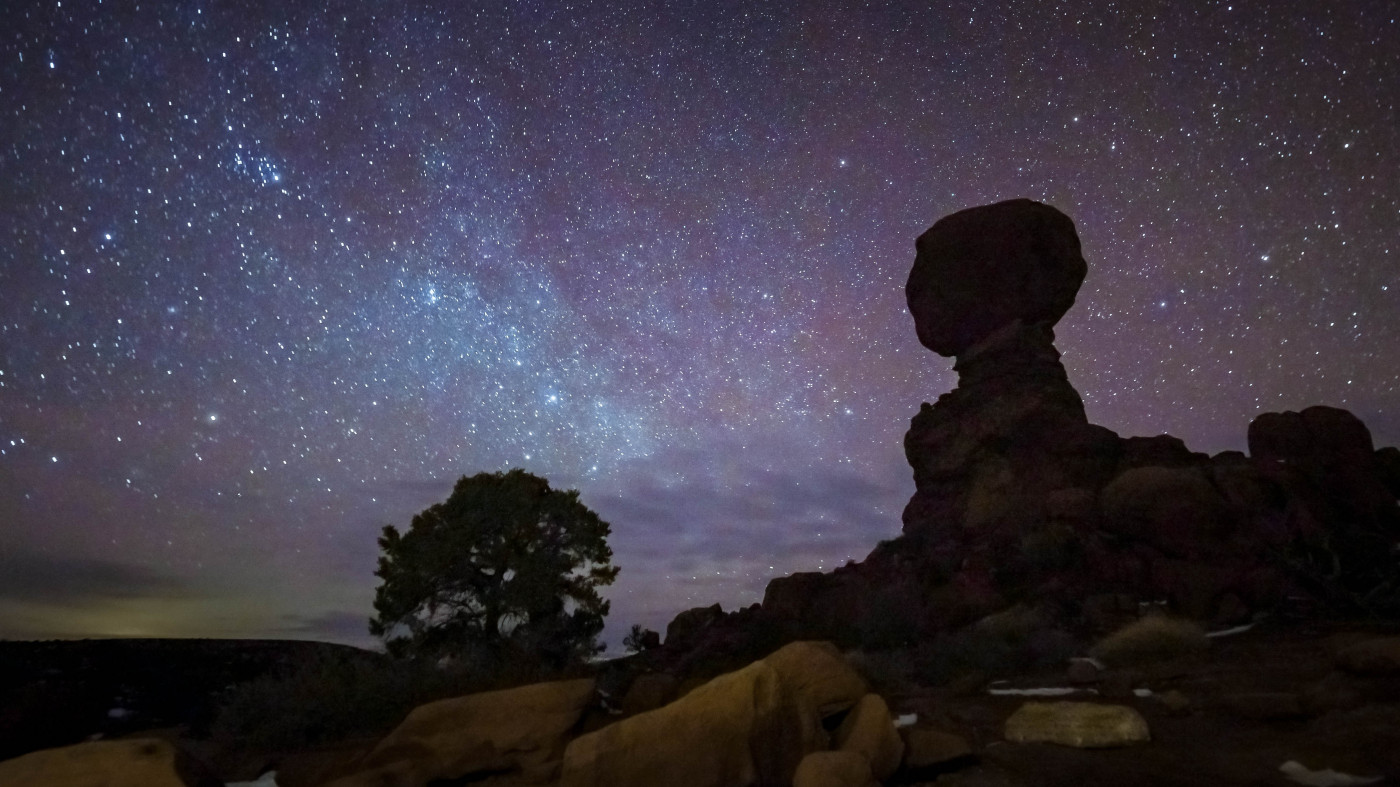Utah, renowned for its breathtaking natural landscapes, boasts some of the darkest and most pristine night skies in the United States.
Our state's vistas have long been cherished by astronomers, stargazers, and nature enthusiasts alike. However, the increasing threat of light pollution poses a significant challenge to Utah's unique and unspoiled nightscapes. By protecting the night skies and implementing measures to limit light pollution, the state can safeguard its natural heritage and promote ecological balance.
Utah's commitment to protecting its night skies aligns with the state's cultural and recreational values. The awe-inspiring vistas of the Milky Way and celestial events like meteor showers contribute to the cultural identity of the region, attracting tourists, astronomers, and astrophotographers. The economic benefits derived from dark sky tourism and the appreciation of natural wonders underscore the importance of maintaining the pristine quality of Utah's night skies. By adopting responsible lighting practices and raising awareness about the value of unpolluted nightscapes, Utah can continue to thrive as a haven for both nature enthusiasts and those seeking the tranquility and beauty of its starry skies.
Furthermore, another key reason for preserving dark skies in Utah lies in protecting the state's diverse ecosystems. Nocturnal animals, including insects, birds, and mammals, rely on natural darkness for their survival. Artificial lights disrupt the behavioral patterns of these creatures, affecting their feeding, breeding, and migration habits. By mitigating light pollution, Utah can support the delicate balance of its ecosystems, preserving biodiversity and maintaining the health of its wildlife.






